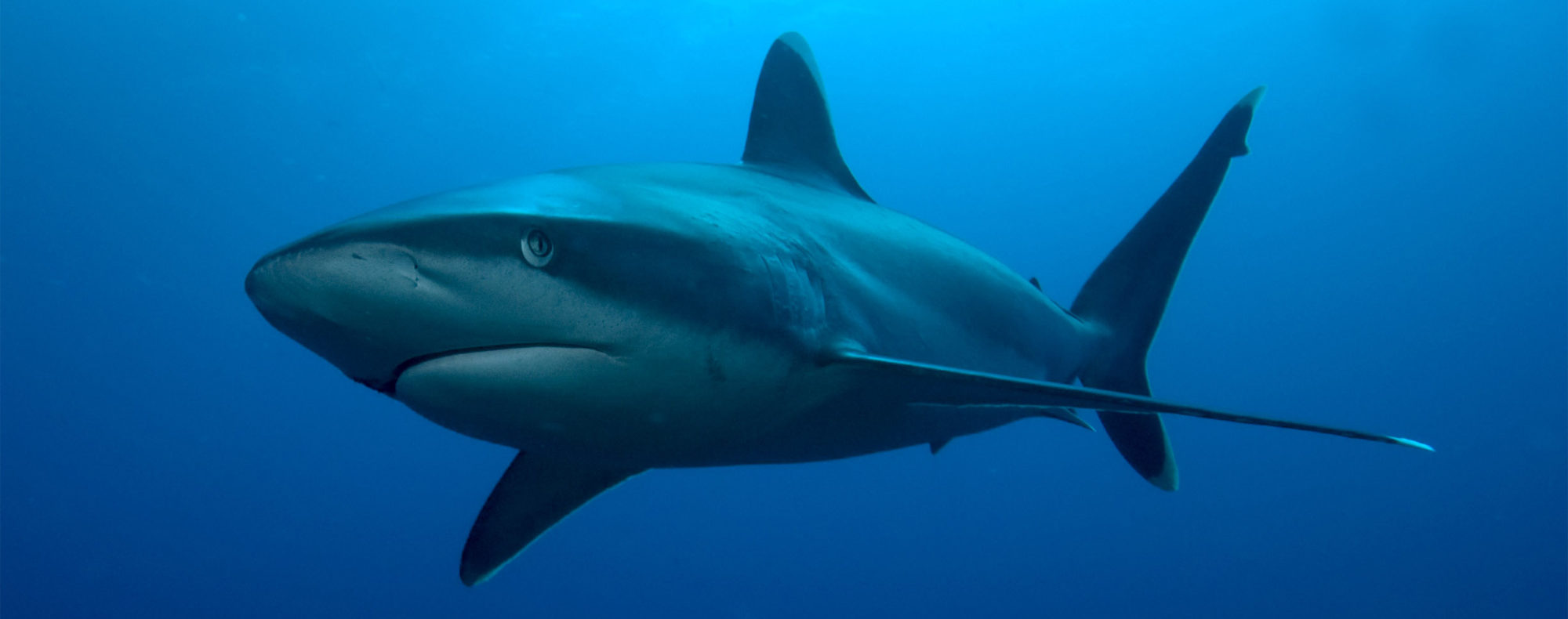Le Costa Rica bannit le shark finning / Costa Rica Bans Shark Finning
Suivant la tendance internationale, le Costa Rica a récemment adopté une loi qui interdit la découpe des ailerons de requins ou finning à l’intérieur de ses eaux territoriales. Bien que le pays ait techniquement interdit le finning en 2001, la législation autorisait jusqu’à présent le transport et l’importation d’ailerons provenant d’autres pays.
Malgré la loi existante, 15 tonnes d’ailerons de requins ont été importées du Nicaragua entre fin 2010 et 2012. Les autorités l’ont reconnu : « on estime qu’entre 350.000 et 400.000 requins ont été pêchés en 2011 », a ainsi déclaré le ministre des Océans et des Eaux Lino Chávez.
Un nouveau décret, signé par la Présidente du Costa Rica Madame Laura Chinchilla mi-octobre 2012, interdit donc le finning dans les eaux du pays et ferme les échappatoires laissées par la précédente loi.
« Le Costa Rica peut être un exemple pour le monde quand il s’agit de protection de l’environnement, mais il faut avouer que nous avons connu un décalage important quant à la protection des océans», a déclaré la présidente Chinchilla aux journalistes lors d’une cérémonie de signature au Parc National Manuel Antonio sur la côte du Pacifique du pays.
Mais juste signer un bout de papier qui rend illégale la découpe d’ailerons ne sera pas forcément suffisant pour mettre fin à cette pratique. C’est pourquoi le Costa Rica a également annoncé un investissement de 15 millions de dollars dans un nouveau système de radars qui permettra aux autorités de mieux identifier les bateaux qui tenteront d’outrepasser l’interdiction.
Ceux qui seront pris en train de violer la loi seront passibles d’amendes et de l’annulation potentielle des licences de pêche. Malheureusement, l’interdiction permet tout de même la capture de requins entiers afin de subsistence.
Cette décision concernant la découpe des ailerons de requins intervient quelques jours après la loi interdisant la chasse sportive au Costa Rica.
In a move that’s slowly becoming an international trend, Costa Rica recently enacted a law that bans shark finning in the Central American nation’s coastal waters.
Although the country technically outlawed shark finning in 2001, the legislation still permitted the transportation and importation of fins from other countries. Despite this existing law, 15 tons of shark fins were imported from Nicaragua between late 2010 and 2012. Authorities have recognized « an estimated 350,000 and 400,000 sharks were caught in 2011, » said Minister and Oceans and Water Lino Chavez.
Costa Rican President Laura Chinchilla signed mid-October 2012 an executive order banning shark finning in the Central American nation’s coastal waters. This effectively closes loopholes in the existing law.
“Costa Rica may set an example to the world when it comes to environmental protection, but it must be noted that we had a significant lag when it comes to protecting the oceans,” Chinchilla told reporters at a signing ceremony in Manuel Antonio National Park on the country’s Pacific coast.
But just signing a piece of paper that makes shark finning illegal doesn’t do much to end this practice. That’s why Costa Rica also announced an investment of up to $15 million in a new radar system that will allow authorities to better identify boats breaking the ban.
Those who will be caught violating the law will face fines and the potential cancellation of fishing licenses. Unfortunately, catching sharks for food, as a means of subsistence, will continue to be allowed.
The move on shark finning comes within days of legislation being put forward that outlaws sport hunting in Costa Rica.

